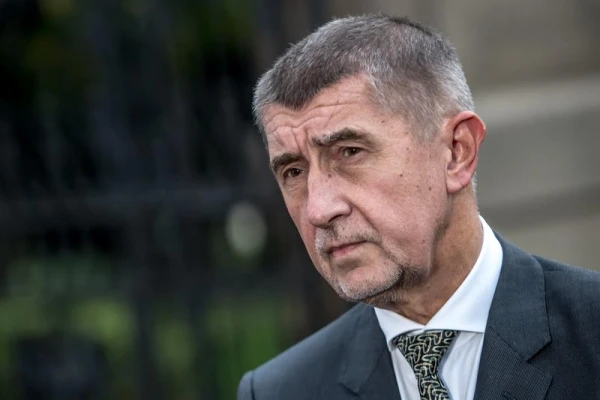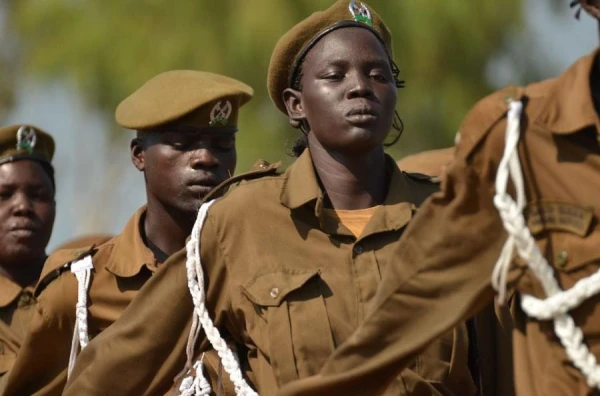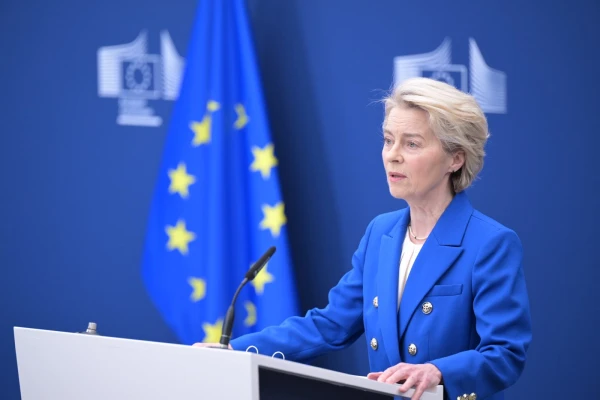
The opposition right-wing party ANO of billionaire and former Prime Minister Andrej Babiš leads in the parliamentary elections in the Czech Republic. With over 97% of votes processed, it has garnered 35.1%.
The two-day parliamentary elections in the Czech Republic have concluded, determining the new composition of the lower house of parliament. Polling stations were open on October 3 from 14:00 to 22:00 and on Saturday, October 4, from 8:00 to 14:00.
Czech television channel CT24 reports data from the Czech Statistical Office (ČSÚ), indicating that by 18:00, with data from more than 97% of polling stations processed, the right-wing party "Action of Dissatisfied Citizens" (ANO) led by billionaire and right-wing populist Andrej Babiš received the most votes (35.1%). He previously served as Minister of Finance and Prime Minister of the Czech Republic, and in recent years remained in opposition. Now he intends to return to power with the slogan "Czechia First."
Prime Minister Fiala's bloc in second place
Following ANO is the center-right coalition "Together" (Spolu), uniting three parties, led by current Prime Minister Petr Fiala. It is gaining 22.9% of the votes. In third place is the centrist liberal party "Mayors and Independents" (STAN) with 11% of the votes.
They are followed by the "Czech Pirate Party," which garnered 8.7% of the votes. In fifth place is the anti-immigrant party "Freedom and Direct Democracy" (SPD) led by Tomio Okamura with 7.9%, and in sixth place is "Motorists for Themselves" (6.8%). Other parties did not reach the 5% threshold necessary for parliamentary representation.
The battle for undecided voters
According to sociologists, before the voting, up to a third of the electorate had not yet made their preferences clear. In the last televised debate on Nova, the opponents exchanged mutual accusations of lying. Babiš sharply criticized EU initiatives such as the "green deal," the migration pact, and the emissions trading system.
Fiala, on the other hand, warned that Babiš would "drag the country to the East." At the same time, Babiš avoided discussing a number of foreign policy issues and did not openly oppose the continuation of aid to Ukraine.
What comes next?
The elections will determine the composition of the 200-seat lower house of parliament, which is key in the Czech Republic. Deputies will be elected for four years. After the voting, the main role will pass to the non-partisan President Petr Pavel, who will be tasked with appointing a government. The former NATO general won against Slovakia-born Babiš in the presidential elections in January 2023, defeating him in the second round - 58.32% to 41.67%.












Leave a comment